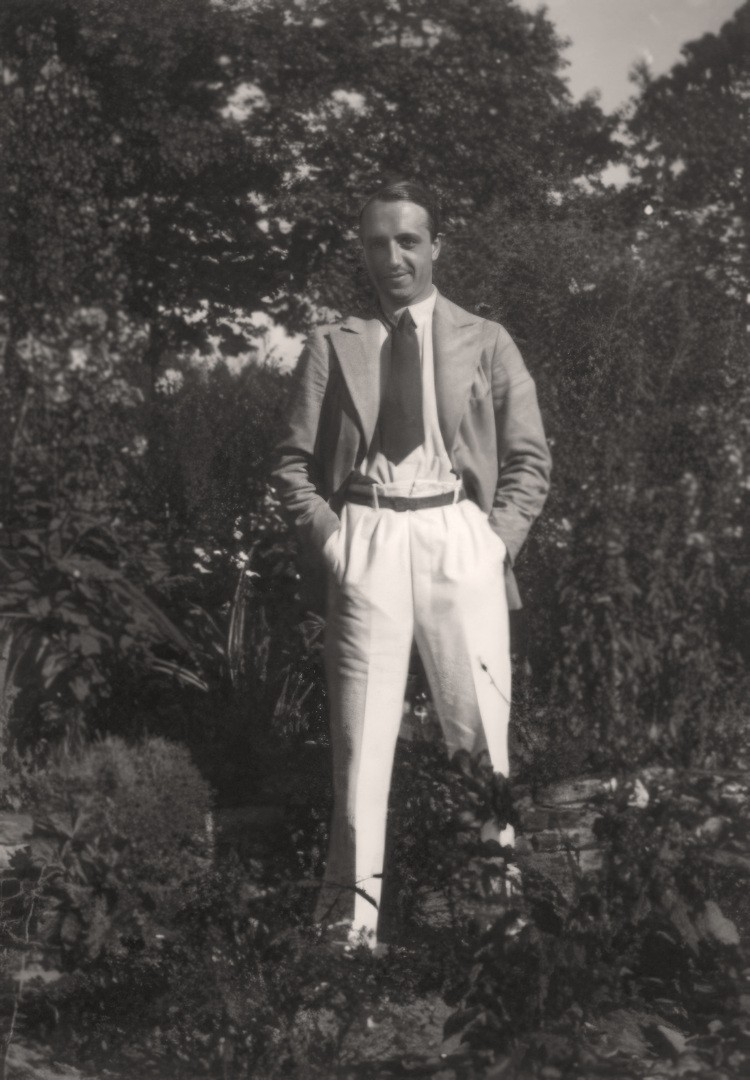Samuel Willem Alexander Baron van Voerst van Lynden was born on 29 August 1904 in Ubbergen and was married to Jonkvrouw Johanna de Beaufort. They lived at the estate De Groote Scheere in Holthone, a hamlet in the municipality of Gramsbergen. In August 1939, he was appointed mayor of Gramsbergen. His leadership was soon to be tested by the dramatic events that would affect the Netherlands after the German invasion in May 1940.
He quickly became the linchpin of the resistance in Gramsbergen, with the town hall as its central base. Together with his civil servants, he carried out numerous illegal activities, such as forging identity papers. In addition, he and his wife provided shelter at their estate to resistance fighters, Allied pilots of downed aircraft, escaped prisoners of war, and others fleeing German oppression.He was a prominent resistance figure and district commander of the Ordedienst (later the Internal Armed Forces). Through betrayal, he was captured twice by the German occupiers. The first time was in the autumn of 1943. On suspicion of resistance work, he was imprisoned by the Germans in the notorious Scheveningen prison, known as the Oranjehotel. The name refers to the many resistance members who were detained there by the German regime.
The mayor was held and interrogated there for about six weeks. Due to lack of evidence, he was released. Even though he knew that the German occupiers and their collaborators were keeping a close watch on him, this did not prevent him from resuming his resistance work after his release. He managed to evade capture for several more years until that fateful Thursday, 4 January 1945.
That afternoon, an SS raid truck sped onto the grounds of the town hall. The remaining civil servants, including the mayor, were arrested and taken to Hollandscheveld. Inhumane scenes unfolded there. The mayor was then transferred to Assen, where he was held for several weeks. During this time, his wife was able to visit him a number of times.
On 16 March, he was transported by train to the Neuengamme concentration camp in Germany. Where he stayed afterwards remains unknown to this day, despite numerous investigations. It is said that on 26 or 27 March 1945 he was deported again, this time with almost exclusively Russians and Poles. The destination is unknown. It was also reported that he was transferred to the Bergen-Belsen camp on 9 April 1945. None of this was ever confirmed.
While all the civil servants arrested on 4 January 1945 returned to Gramsbergen, the mayor never came back and did not live to see the liberation of Gramsbergen on 6 April 1945. By royal decree of 2 December 1949, Van Voerst van Lynden was honorably discharged as mayor of Gramsbergen. A year later, the baron was officially declared dead. His widow appealed the decision and won the case. The district court in Almelo overturned the decree. Since then, the former mayor of Gramsbergen has officially remained “missing.”
